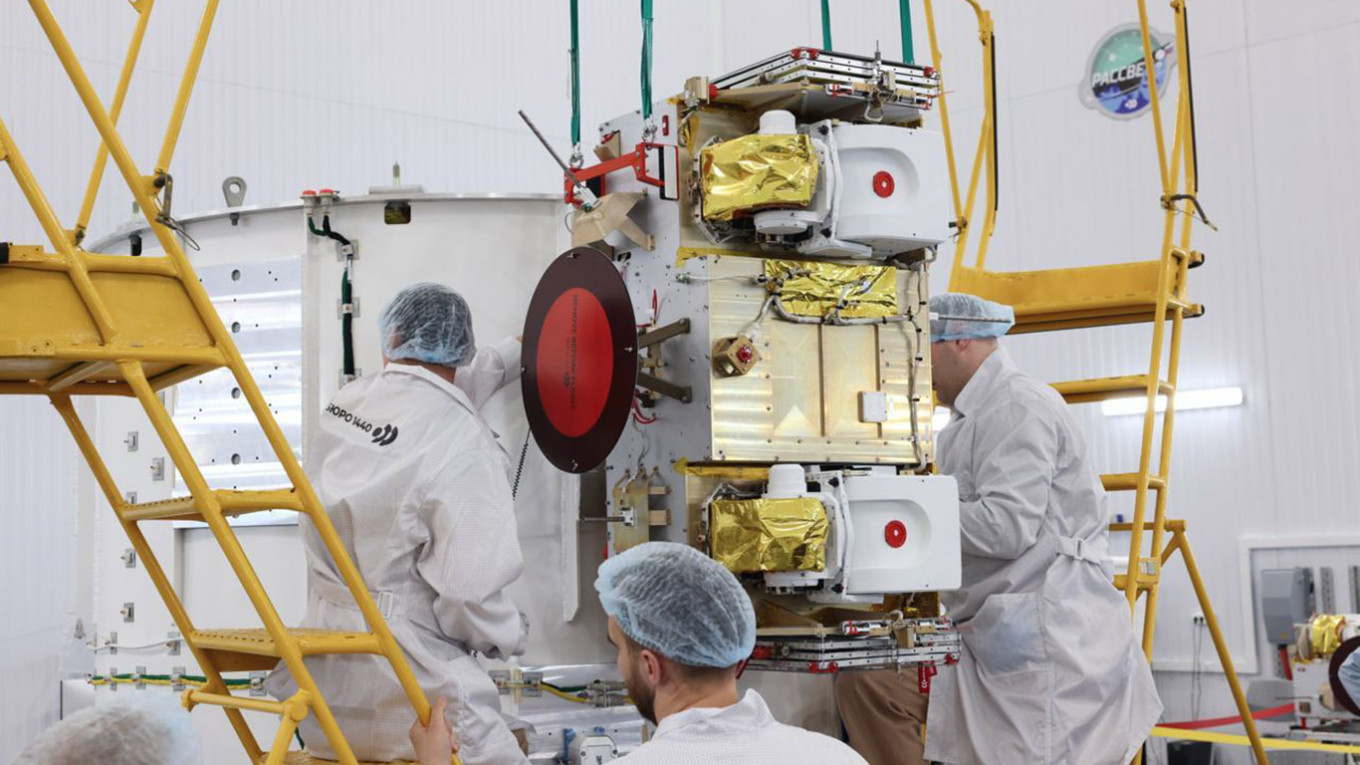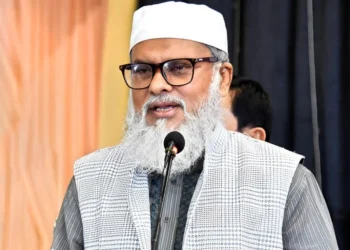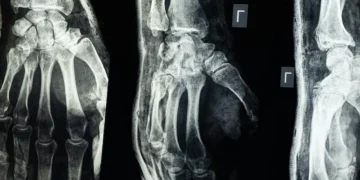Russia’s space agency Roscosmos has announced plans to launch its first batch of low-orbit internet satellites later this year, aiming to establish a domestic alternative to Elon Musk’s globally recognized Starlink satellite network.
Roscosmos chief Dmitry Bakanov confirmed the plan in a statement to state-run news agency TASS on Thursday. “The first launch is scheduled for the end of this year,” Bakanov said, adding that the initial deployment would include 16 satellites, modeled after the deployment method used by Starlink.
The satellite group, named Rassvet, has been developed by Russian aerospace firm Bureau 1440 and is designed to provide high-speed broadband internet from space. According to Roscosmos, over 900 Rassvet satellites are expected to be launched by 2035, with commercial services involving 250 satellites slated to begin as early as 2027.
“The deployment will begin in December and will become a regular process from then on,” Bakanov said in a separate briefing on Wednesday.
The Rassvet project forms part of broader space development strategy, a 4.4 trillion ruble ($57 billion) program that received formal backing from President Vladimir Putin last week. It is seen as a major step in rebuilding Russia’s independent technological infrastructure in the face of increasing geopolitical and digital isolation.
Read More: Banking and Internet Services Collapse in Iran Amid Israeli Airstrikes and War
Russia’s renewed focus on satellite internet comes in the wake of growing interest in space-based connectivity, particularly after Starlink’s critical role in Ukraine’s battlefield communications following Russia’s 2022 invasion. Kyiv has accused Russian forces of using Starlink devices obtained through third countries claims that have raised global concern and underscored the strategic value of space internet systems in modern warfare.
Russia’s current push follows the failure of an earlier Starlink-rival effort named Sfera, announced by Putin in 2018 but ultimately scrapped due to Western sanctions and stalled development within Roscosmos.
In June 2023, under the leadership of then-director Yury Borisov, Roscosmos successfully launched three test satellites under the Rassvet-1 designation. However, Borisov was dismissed in February 2025 after a series of program delays and technical failures. His replacement, Bakanov, is now overseeing the renewed efforts to realize Russia’s long-standing ambitions in the satellite internet space.
If successful, Rassvet will position Russia among a growing list of countries seeking sovereignty over digital infrastructure in low Earth orbit, where competition is heating up. The deployment of hundreds of satellites in the coming years could provide internet access to remote areas in Russia, reduce reliance on Western technologies, and add a new dimension to global tech rivalry.
Roscosmos has yet to release details on pricing, target markets, or technical specifications for the commercial service. However, experts suggest that Russia may initially focus on domestic users, state institutions, and strategic partners in allied countries.
The first launch by year’s end will mark a major milestone in it’s post-sanctions space comeback and its pursuit of digital independence.


















